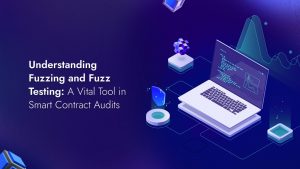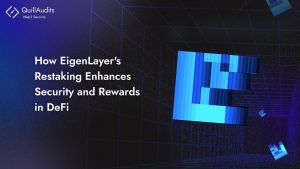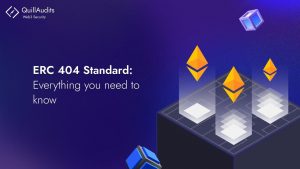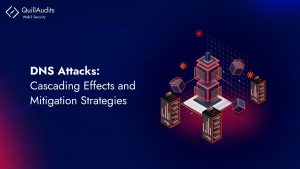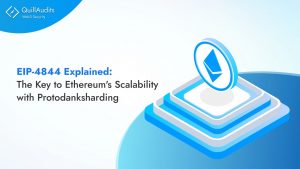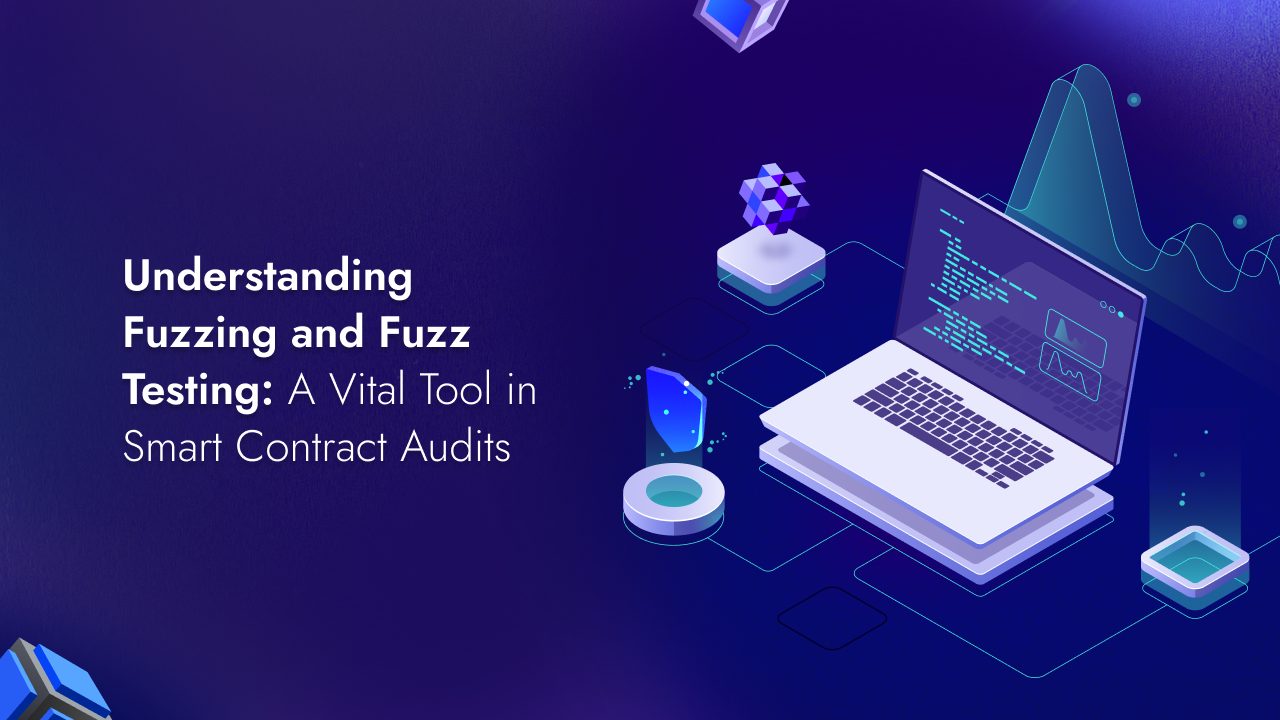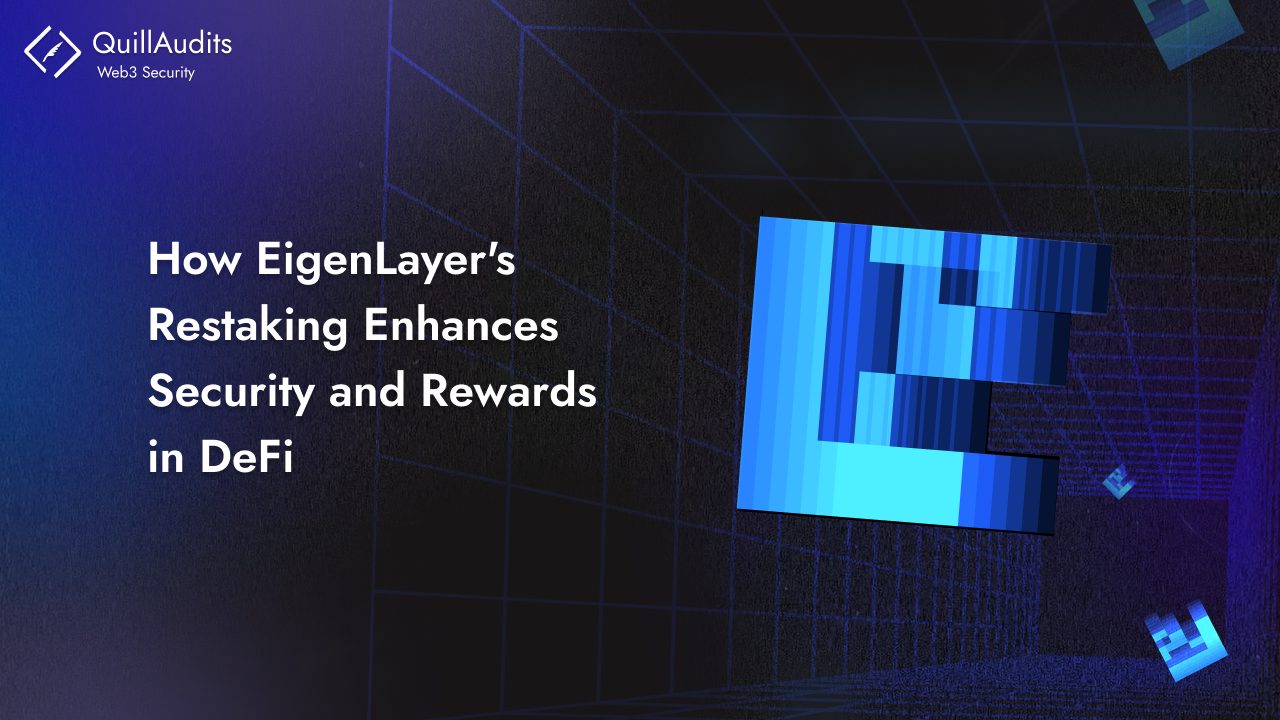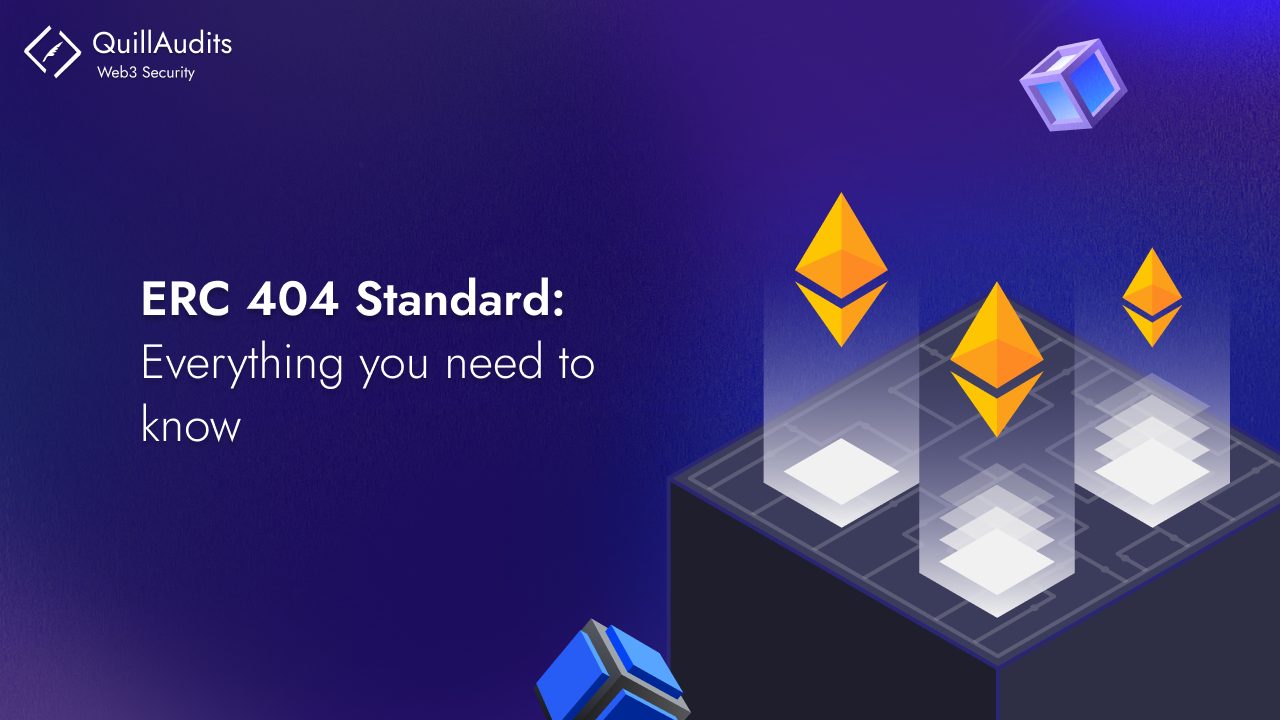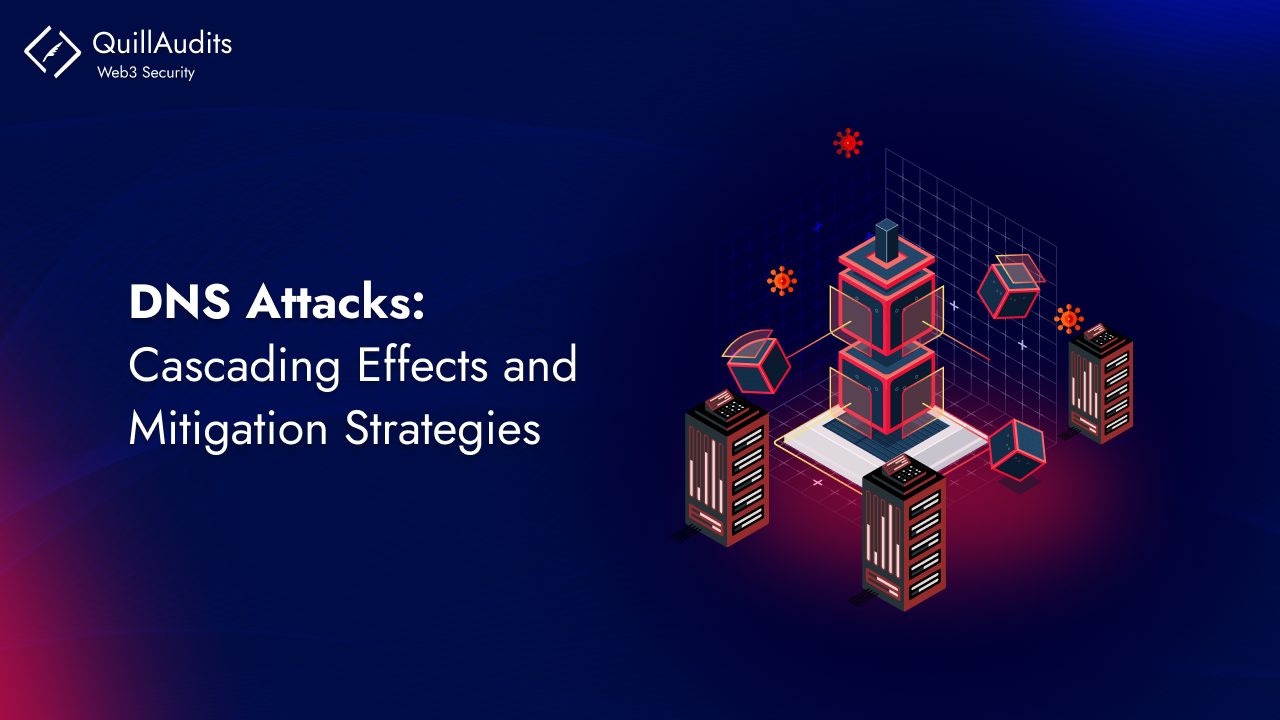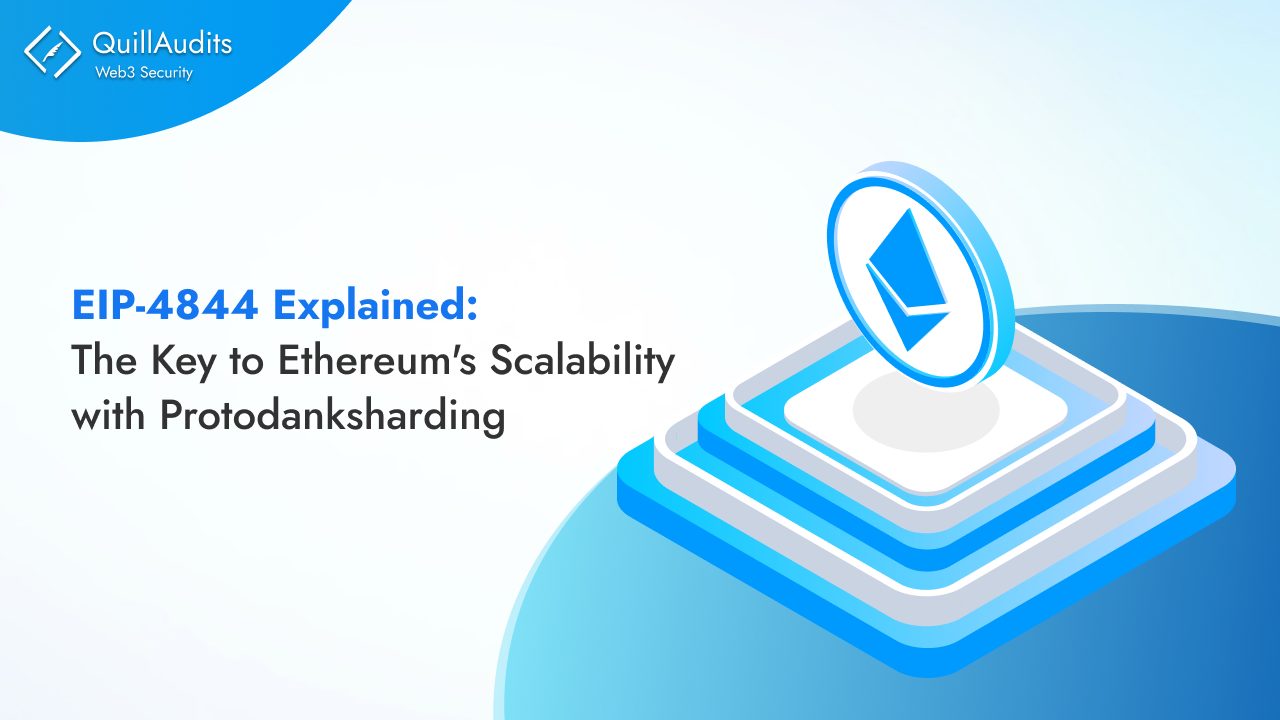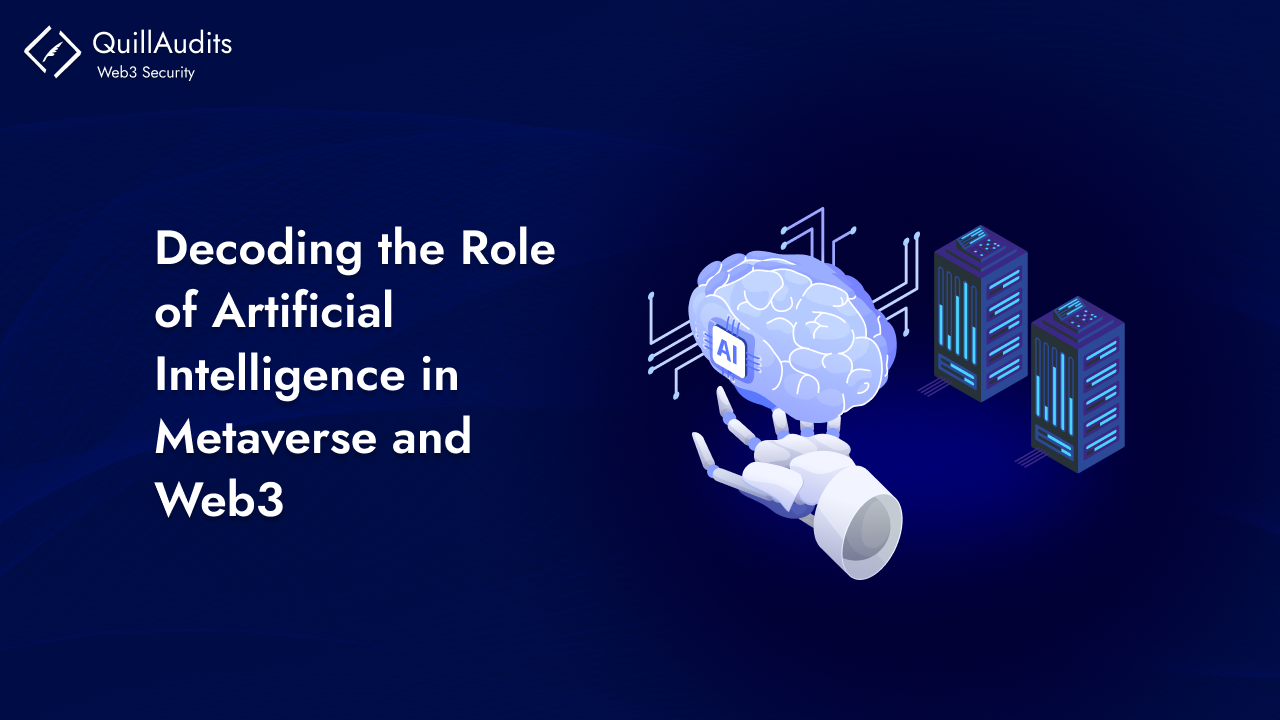The automotive industry is currently weathering a perfect storm of change. With so many technologies and innovations hitting it from all sides, the automotive industry is at the brink of evolution. Automakers are stressed with keeping up with the latest technologies, adjusting their operations and exploring new business models to achieve growth. One of those potential growth models in the automotive industry is Blockchain.
Today’s vehicles are evolving in the direction of becoming much more than just a mode of transport. The 21st-century cars are moving data centers with onboard sensors and computers that capture information about the vehicle. More secure, traceable transactions and better access to and transparency of information, blockchain has the potential to strengthen trust and collaboration among businesses, consumers and even vehicles.
According to a study by IBM published at the end of 2018, 62% of automotive executives are convinced that blockchain will be a disruptive force in the auto industry by 2021. The same study also found that 54% of so-called Auto Pioneers plan to implement their first commercial blockchain network at scale within the next three years. Industry leaders like Toyota, BMW, Mercedes-Benz, Ford and so on are turning to blockchain to make vehicles autonomous and increase the efficiency of their supply chains.
On May 2, 2018, the Mobility Open Blockchain Initiative launched at the Dubai Future Blockchain Summit. MOBI is a new consortium for blockchain innovation in the mobility industry. The consortium was founded by leading automakers including Renault, Ford, GM, and BMW, and now represents more than 80 percent of global auto manufacturing by volume. Members of MOBI are leading blockchain and technology startups and premier organisations such as IBM, Accenture, and ConsenSys. NGOs and academic institutions such as the World Economic Forum and Blockchain at Berkeley are also involved.
MOBI’s first project was to build a vehicle digital identity prototype or car passport that can track and secure a vehicle’s odometer and relevant data on distributed ledgers. This can dramatically reduce fraud in used car sales as buyers can finally have an accurate vehicle history.
Applications of Blockchain in automotive industry
- In the automotive industry, the transparency offered by distributed ledgers can help ensure that manufacturing, shipping, and suppliers see the same supply chain, making it nearly impossible for counterfeit parts to be inserted into the supply chain.
- As cars become increasingly autonomous, security will become the primary challenge for automakers and other stakeholders. The more connected a vehicle is, the more susceptible it becomes to potentially deadly cyber attacks. To keep the data streams protected from the hackers, they must be protected in an immutable distributed ledger technology i.e Blockchain.
- With smart contracts and Blockchain, transactions will be secure and fast in the automotive industry.
- Blockchain can be a valuable add-on to infotainment technology by making sure that in-car payments for movies, apps, and other services are kept secure.
Real-life use cases of Blockchain in Automotive industry
- General Motors (GM) Pairs with Spring Labs to Fight Synthetic Identity Fraud:
Synthetic identity fraud is the act of using information from multiple identities, and then combining it to create a fake identity. With these identities, fraudsters can acquire credit cards and take out car loans. This type of identity fraud costs the automotive industry millions of dollars a year, and GM is now turning to blockchain to stop it. The Spring Protocol is being developed by Spring Labs to help increase information sharing within the automotive industry. With more information available, it will be easier for car manufacturers to detect identity fraud.
- Porsche Teamed Up with XAIN to Bring Blockchain into Their Vehicles:
Porsche has paired with blockchain startup, XAIN, to implement blockchain technology in their vehicles. The blockchain would allow users to unlock their vehicles with an app, as well as provide easier automated payment systems. The two companies have also stated that the technology could be developed even further to include autonomous driving.
- MOBI:
MOBI is a new consortium made up of 37 major automotive and technology companies to build blockchain solutions for the automotive industry. Ford, BMW, and General Motors are just a few of the automotive giants who have joined. MOBI members hope to make cars more affordable, safer, and widely accessible with blockchain technology.
- VeChain Rebrands as VeChain Thor and Announces Partnership with BMW:
VeChain has rebranded and renamed itself VeChain Thor, in addition to announcing its newest partnership with German automaker BMW. Although no projects have been announced by the pair yet, it is safe to assume that VeChain and BMW are working to bring blockchain to BMW. The partnership was announced following a similar partnership of IOTA with Volkswagen.
- Koopman Partners with IBM to Provide a More Efficient Automotive Supply Chain:
Koopman has partnered with IBM to build the first vehicle delivery in a digital process. This means parts can be tracked as they make their way around the world. With Koopman and IBM’s system, it will be easier to tell where parts are, how many of them, and so much more. This will lead to faster shipping times and simpler supply chain management. By simplifying the supply chain, it will become more efficient, leading to cuts in both cost and time.
- IBM Building Blockchain Payment Platform for Vehicles:
IBM is currently developing an automated payment system designated specifically for vehicles. This system would be able to automate payments for tolls, car sharing, parking, charging and various other payment systems.
- Toyota and MIT Use Blockchain to Rate Driverless Vehicles:
Blockchain has the ability to log and share vast amounts of data. With Toyota and MIT’s blockchain, vehicle manufacturers will be able to share autonomous vehicle data in real time. With this shared information, self-driving vehicles will become a product of tomorrow rather than ten or so years from now.
- Mercedes-Benz Turns to Blockchain to Simplify Their Supply Chain:
The German vehicle manufacturer has developed a prototype program that automates transactions as well as tracks vehicles through its supply chain. The blockchain is open to each of their vehicle manufacturing plants in order to provide more transparency.
At QuillHash, we understand the Potential of Blockchain and have a good team of developers who can develop any blockchain applications like Smart Contracts, dApps,Smart Coins, DeFi, DEX on the any Blockchain Platform like Ethereum, EOS and Hyperledger.
To be up to date with our work, Join Our Community :-
Telegram | Twitter | Facebook | LinkedIn

